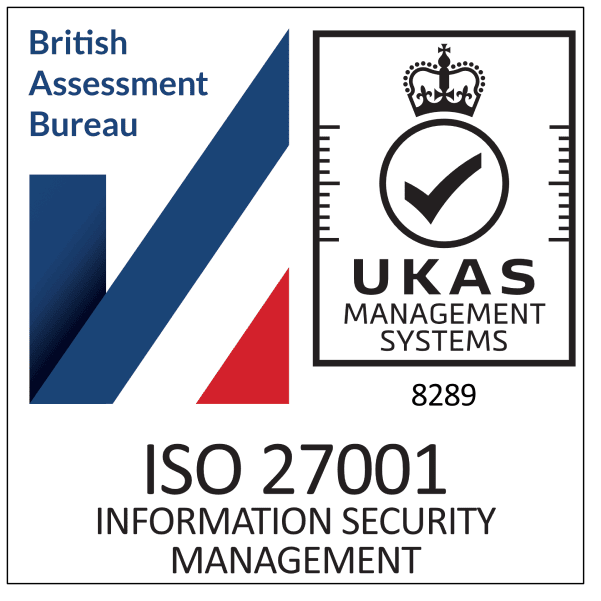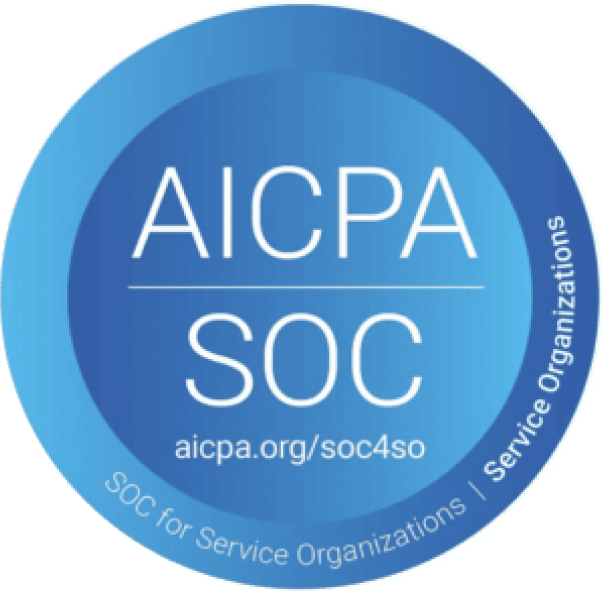Lead management is a critical component of driving sales conversions and revenue growth for businesses. By effectively managing leads, businesses can increase their chances of converting potential customers into loyal clients. In this article, we will explore the importance of lead management as a key business process and delve into strategies and tools that can help businesses succeed in their efforts. Finally, we will highlight the importance of effective lead management for sales teams and offer concluding thoughts on its role in driving revenue growth.
Overview of Lead Management as a Key Business Process
Lead management is the process of capturing, tracking, and nurturing leads to convert them into paying customers. It involves understanding lead sources, implementing tracking mechanisms, utilizing CRM tools, and optimizing lead collection and generation strategies.
Understanding Lead Sources
Businesses that excel in lead management have a competitive advantage in today’s dynamic business landscape. Efficient management of leads helps businesses optimize their marketing efforts, increase conversion rates, and drive revenue growth. Understanding lead sources is essential to identify the most effective channels for generating high-quality, sales-qualified leads.
- Defining Lead Sources and Their Types: Lead sources are the channels through which businesses generate leads. Examples include organic search, social media, email marketing, and paid advertising. Each lead source attracts leads with different intentions and behaviors.
- The Role of Lead Sources in Generating Sales-Qualified Leads: Analyzing lead sources helps businesses identify the most effective channels for generating high-quality, sales-qualified leads. Insights into lead sources provide valuable information for resource allocation and marketing optimization.
- Why Lead Sources Matter in Maximizing Conversions: Diversifying lead sources ensures a wider reach and increases the chances of generating quality leads. Leveraging different channels allows businesses to tap into various customer segments with specific behaviors and preferences.
- Common Channels and Platforms for Lead Generation: Lead generation can happen through different means, namely – through website optimization for search engines, through engaging content, through nurturing campaigns and last but not least through targeted ads on platforms like Google Ads or Facebook Ads.
Tracking and Managing Leads from Different Sources
There are ways you can efficiently track and manage your leads. While Lead Managing software is the safest bet, there are other effective ways that could yield similar results. This could be, implementing web analytics tools, like Google Analytics, to measure and analyze lead generation performance from each source. Also, by conducting A/B testing and analyzing conversion rates to optimize lead generation strategies, you can stay ahead of the curve and have your lead management streamlined like a pro.
Moving onto effective Lead Management channels, Customer Relationship Management (CRM) tools play a vital role in centralizing lead data and enabling efficient processes. CRM systems provide features for tracking interactions, automating lead nurturing, and facilitating effective communication with leads. Implementing CRM tools allows businesses to have a comprehensive view of leads from different sources and make data-driven decisions.
Data accuracy is crucial for reliable lead management and actionable insights. Implementing validation rules and error-checking mechanisms in lead capture forms ensures data quality. Optimizing forms with intuitive design and minimal fields can increase form completions and lead generation.
Businesses must prioritize data protection and comply with relevant regulations, such as GDPR or CCPA. Implementing measures like obtaining explicit consent for data collection and ensuring secure storage and processing of lead data builds trust with potential customers.
Strategies for Lead Collection and Generation
Diversifying Lead Sources for Higher Conversion Rate: Emphasize the importance of diversifying lead sources to maximize conversions and revenue growth. By relying on multiple channels, businesses increase their chances of reaching a wider audience and capturing leads with different behaviors and preferences.
Leveraging Different Channels for Lead Generation: Provide insights into strategies for effective lead generation on different channels:
- Organic Search: Optimize website content, conduct keyword research, and implement SEO best practices to attract leads organically.
- Social Media: Engage with the target audience, offer valuable content, and run targeted ad campaigns to generate leads.
- Email Marketing: Build an email list, segment leads, and create personalized nurturing campaigns to guide leads through the conversion funnel.
- Paid Advertising: Set clear goals, target specific customer segments, and track campaign performance to drive conversions.
Exploring B2B Events as Effective Lead Sources: Highlight the potential of B2B events in generating high-quality leads and establishing valuable business connections. Attendees at B2B events often have specific needs and interests, making them potential qualified leads. Utilize event management tools like Lodago to optimize lead collection, follow-up, and post-event analysis.
Best Practices for Sales Lead Management
Maintaining an effective lead management system is crucial for sales success. Here are simplified best practices to optimize your process:
- Centralize leads in a CRM system for easy accessibility, fostering efficient tracking, nurturing, and conversion.
- Securely backup and store lead data to protect against data loss and potential breaches.
- Regularly update and clean lead data to maintain accuracy and relevance.
- Enrich lead data with additional insights to tailor communication efforts, improving the chance of conversion
Effective Lead Management for Sales Teams
Simplifying Lead Management for Sales Representatives: Provide sales teams with user-friendly CRM tools that streamline the lead management process. Automate repetitive tasks, such as lead assignments and follow-ups, to increase productivity and efficiency.
Enhancing Collaboration between Marketing and Sales Teams: Establish effective communication channels and foster a collaborative mindset between marketing and sales teams. Align efforts and share insights to ensure cohesive lead nurturing and management strategies.
Understanding and Implementing Lead Scoring: Introduce the concept of lead scoring and its benefits in prioritizing leads based on their likelihood to convert. Collaborate with marketing teams to define lead scoring criteria, enabling sales teams to focus on the most promising opportunities.
Streamlining lead synchronization involves seamless integration between various CRM tools, like Salesforce, HubSpot, Zoho CRM, and Pipedrive. Using automation platforms like Zapier can connect these apps, ensuring real-time data flow and updates throughout the sales process. This approach prevents data silos and enhances overall productivity, aiding businesses in efficient lead management.
Let lead management, lead the way for your business
Effective lead management is a critical factor in driving business success. By understanding lead sources, tracking and managing leads, implementing best practices, and optimizing lead management for sales teams, businesses can significantly increase their sales conversions and revenue growth. Prioritizing lead management and continuously improving strategies and tools are key to staying competitive in today’s dynamic business landscape.








